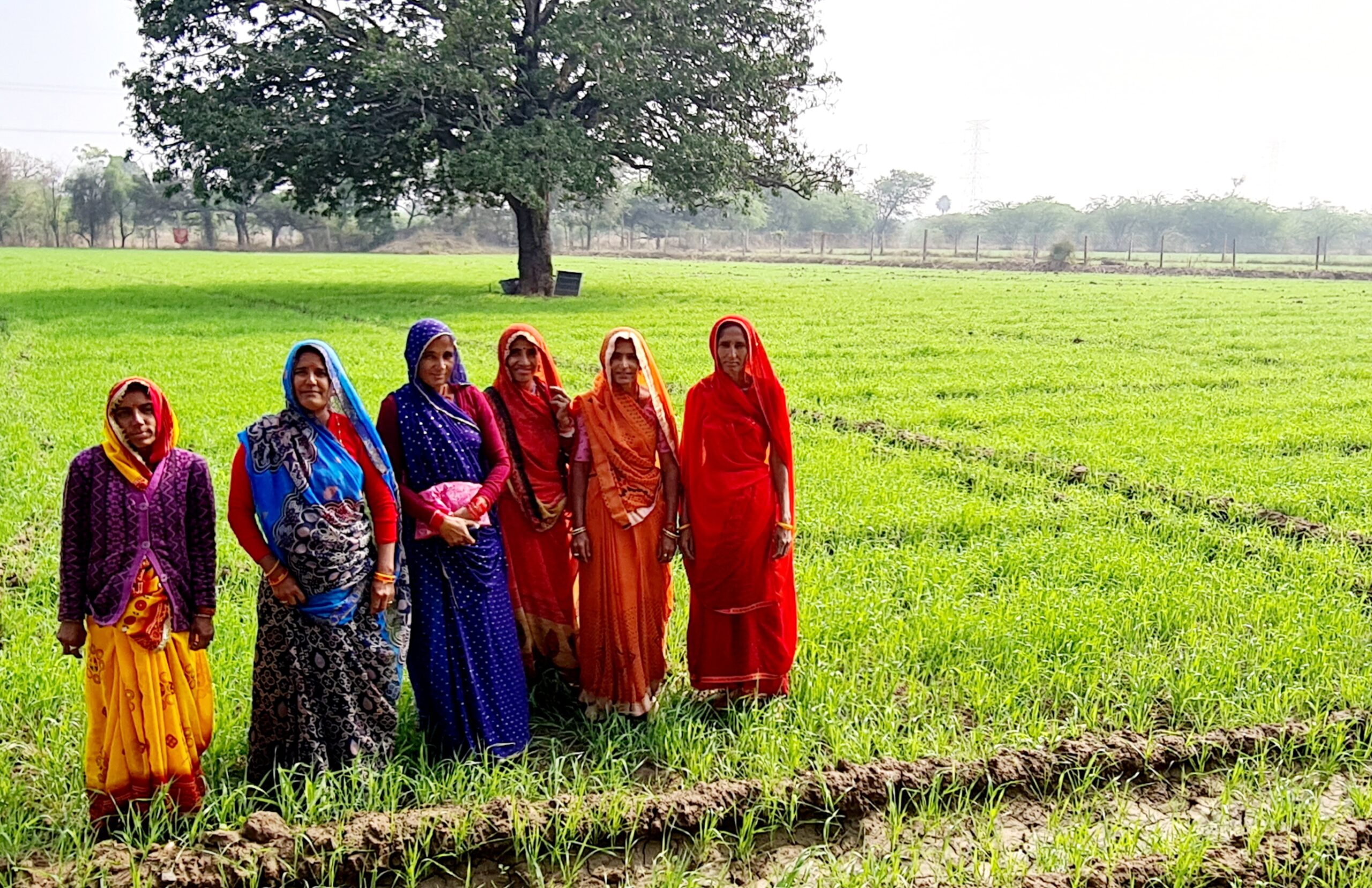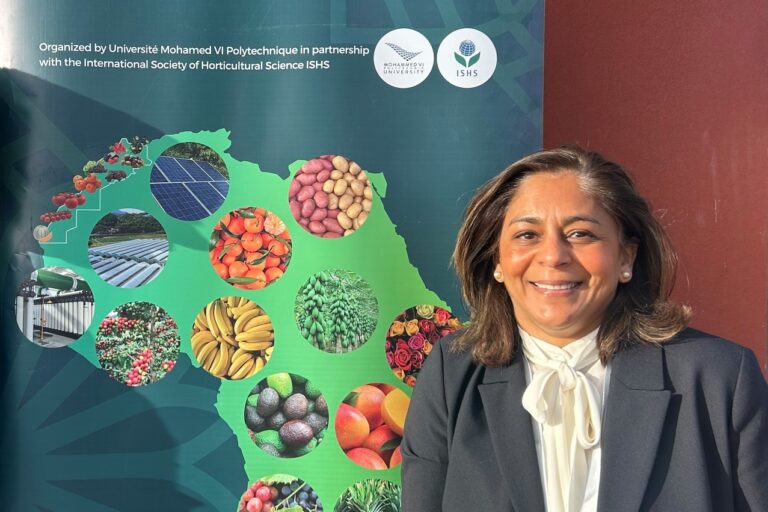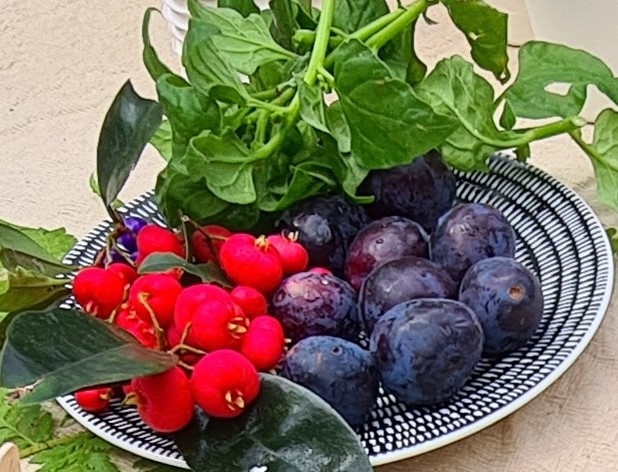By Neena Bhandari
Sydney, 15.09.2003 (Panos Features UK): Elaine Shaw was repeatedly raped and sexually abused from the age of four by her father and uncles. Her partner physically assaulted and psychologically tormented her, locking her in a room for three years to separate her from the children.
Aboriginal women like Shaw – her name is changed to protect her identity – are 45 times more likely to be victims of domestic violence than other Australians. And such violence is common in Australia: research shows 23% of all Australian women have been attacked by a partner or family member.
Says New South Wales magistrate Pat O’Shane, who is Aboriginal, “Women are subjected to violence daily, if not hourly, if not by the minute.”
In July this year, Prime Minister John Howard personally convened a summit with Aboriginal leaders for urgent talks on how to tackle violence against women and children.
Violence is so entrenched in some communities, they are labeled ‘dysfunctional’ communities or ‘outback ghettos’. Statistics reveal only a fraction of the problem: most women do not report violence to authorities because of fear, emotional bonds to their partner, commitment to marriage, concern for their children’s future and loyalty to their beleaguered communities.
“There is a tradition of putting it under the carpet, for it is your own family and community who are the perpetrators,” says Shaw, who cannot remember how many times she was hospitalised with horrific injuries. “I kept hoping that things would change even though it was living death.”
Indigenous women and girls are 28 times more likely than other Australian females to be admitted to hospital for assault injuries, according to a 2003 report compiled by the Australian Bureau of Statistics and the Australian Institute for Health and Welfare.
The crisis cannot be seen in isolation from the history of Australian Aboriginals – one of the most marginalised populations in the developed world.
Decades of racist subjugation by European invaders; the separation of tens of thousands of children, forcibly removed from their families between 1900 and 1970 under the Government Assimilation Policies to ‘breed out’ Aborigine blood and supposedly give them a better life; dispossession of land rights; imprisonment and lack of education, health care, jobs and housing are some of the factors contributing to indigenous gender violence, experts cite.
“The violence occurring in Aboriginal communities today is not part of Aboriginal tradition or culture. It is occurring principally because of the marginalisation of Aboriginal people, the economic and welfare dependency, continuing high levels of unemployment, the dissolution of our culture and tradition and the breakdown of societal and community values,” says Prof. Mick Dodson of the Australian National University’s Institute for Indigenous Australia.
“Colonisation undermined structures within these communities which guaranteed law and order and safety of women and children and rendered Aboriginal men essentially redundant. The only way to get through to these men is through their own culture,” agrees Harry Blagg, research fellow at the Crime Research Centre, University of Western Australia.
Indigenous leaders are demanding a holistic, rights-based approach to family violence rather than a quick-fix, ‘one-size-fits-all’ approach.
Alison Anderson, the only woman on the Board of the national Aboriginal and Torres Strait Islander Commission (ATSIC), the highest advisory body for indigenous affairs says, “White, government-imposed structures… don’t work in the grassroots indigenous communities.”
Anderson, from Papunya near Alice Springs – home to some of the poorest communities in Australia – is among Aboriginal leaders who say the government should support solutions devised by communities, enhance the role of women and shift the focus from blame to prevention.
A study of women survivors of violence in Queensland has shown that indigenous women tend to support Restorative Justice approaches as an alternative to the established criminal justice system, which has historically oppressed Aboriginals.
According to chairwoman Winsome Mathews of the New South Wales (NSW) Aboriginal Justice Advisory Committee, locally developed schemes are working in several NSW communities, particularly ‘circle sentencing programmes’ where offenders sit down with their victims and others to confront their wrongs and reach for solutions.
In some remote communities in the Northern Territory, women have not only organised their own night patrols to stop alcohol and substance abuse, but also set up women’s shelters. They deal with many instances of violence against women and children themselves, through community elders, and summon the police only when they cannot cope.
In the past it has been difficult for indigenous women to speak out – let alone act – although many brave women have done so, “because of concerns about betraying their partners and their people more generally,” says Heather Nancarrow, director of the Queensland Centre for the Prevention of Domestic and Family Violence.
The “stifling blanket of shame and silence has to be lifted”, 22-year-old Tania Major, the sole university graduate of her high school class and the youngest councillor on ATSIC, told the prime minister in Cape York on August 6.
“Out of the 15 children in my class in the remote Kowanyama community, only three are not alcoholics. Seven of the boys have been jailed for murder, rape and assault. Four classmates have committed suicide and I am the only girl who did not have a child by the age of 15.”
As a result of the emergency summit, Howard’s government has committed Aus$20 million (US$13.6 m) as a ‘down payment’ to show its good faith in tackling violence, child and alcohol abuses in indigenous communities. Overall, the 2003-2004 Budget is set to increase Indigenous Affairs spending to a record Aus$2.7 billion (US$1.8 b) from Aus$2.2 b (US$1.7 b) in 2002-2003.
Some activists, however, suspect the recent high-level focus on domestic violence is being used by the federal government to deflect anger in the Aboriginal community over the government’s refusal to formally apologise for injustices against Aboriginals.
“The word ‘sorry’ means nothing but it’s a start towards healing,” says Rose Solomon, head of the only Aboriginal Women’s Family Violence Service in Victoria state. “It’s not about blame, but taking responsibility.”
Commissioner Anderson agrees: “Reconciliation needs to come back on the national agenda, and focusing on indigenous issues like domestic violence is part of the process.”
Useful Links: Australian Institute for Health and Welfare; Institute for Indigenous Australia; National summit on Aboriginal domestic violence
© Copyright Neena Bhandari. All rights reserved. Republication, copying or using information from neenabhandari.com content is expressly prohibited without the permission of the writer and the media outlet syndicating or publishing the article.



